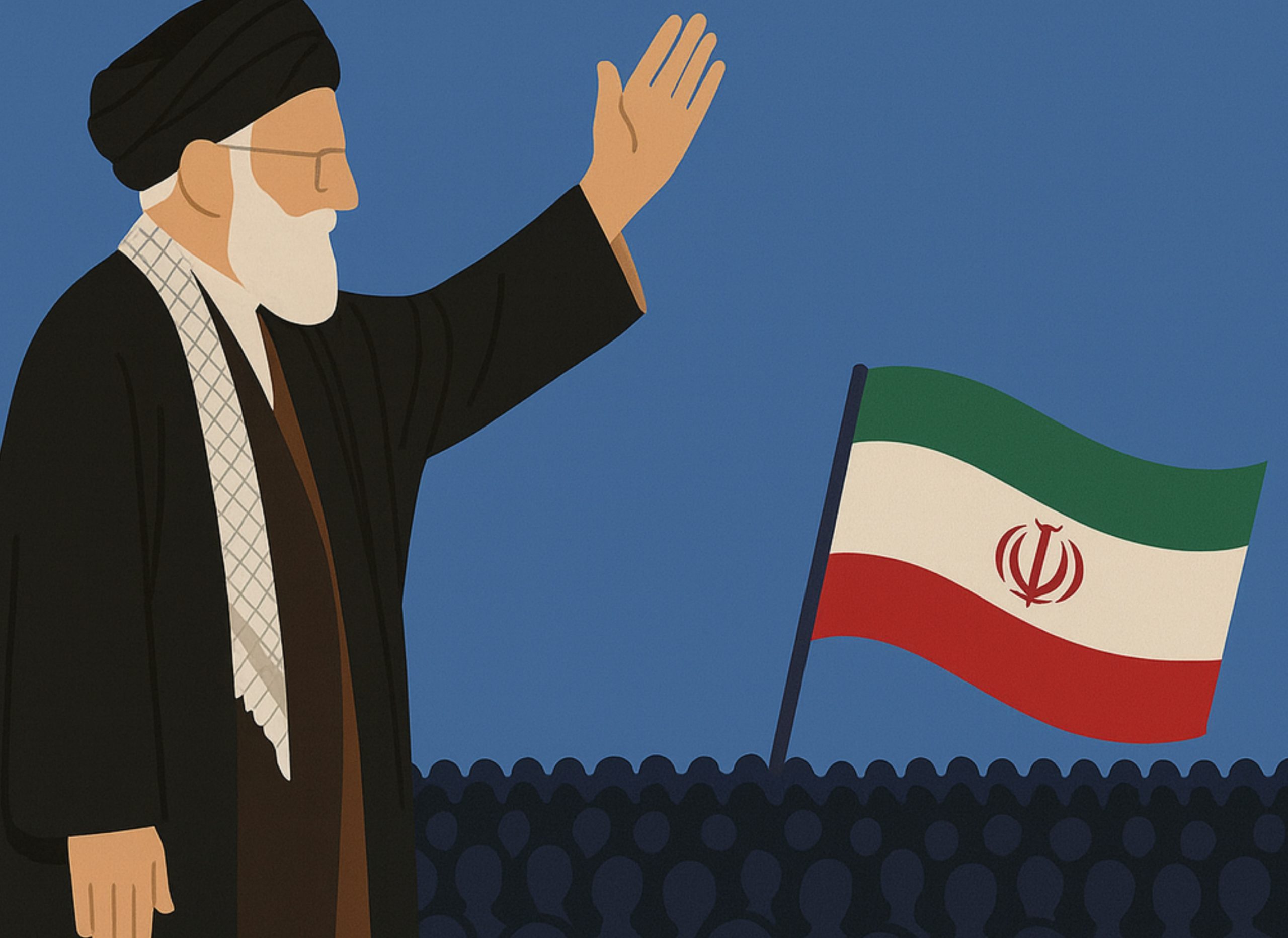
The Future of the Iranian Regime
The Last Ayatollah

The Last Ayatollah
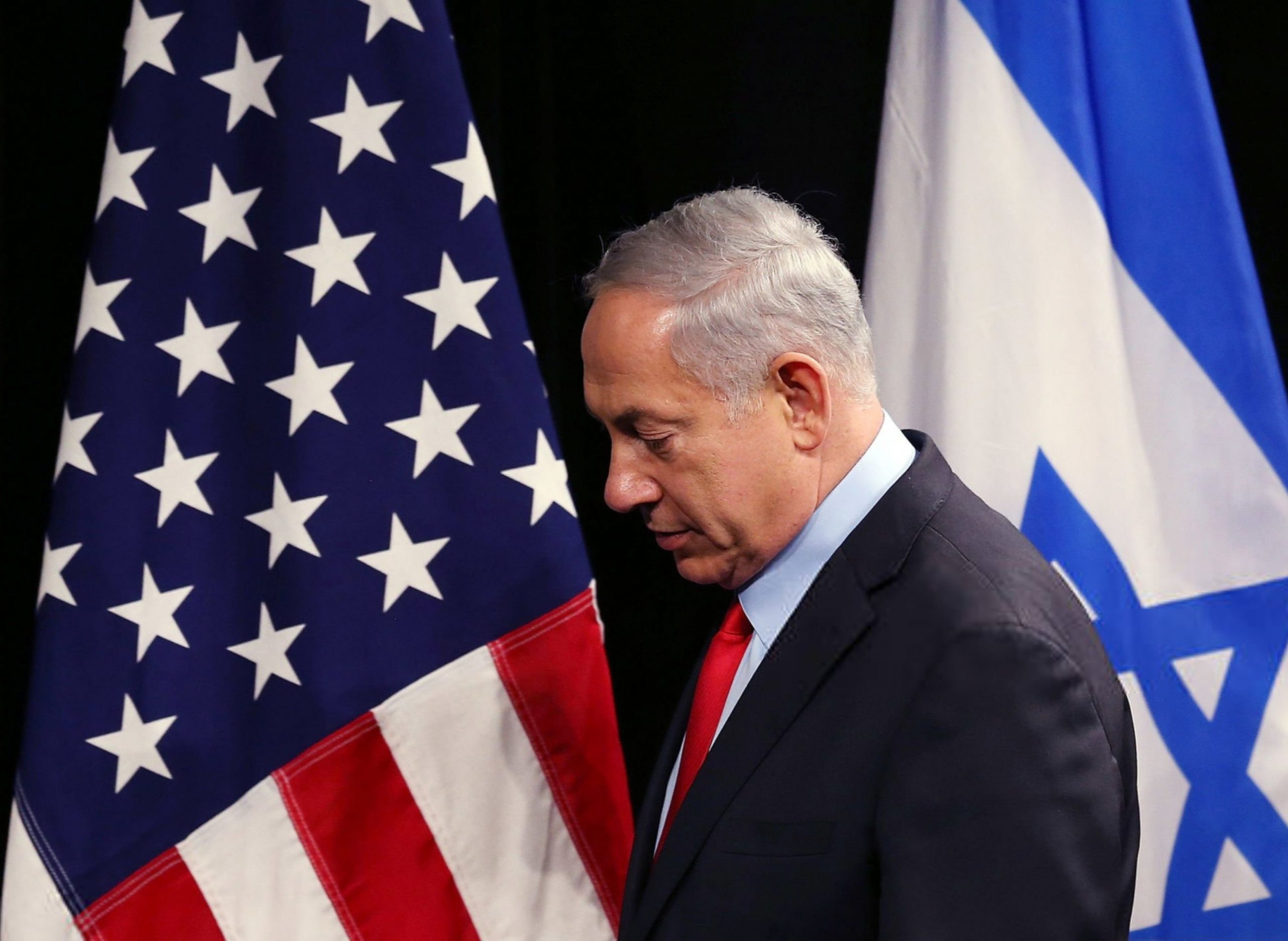
How Progressive America Redefined Its Stance on Israel?
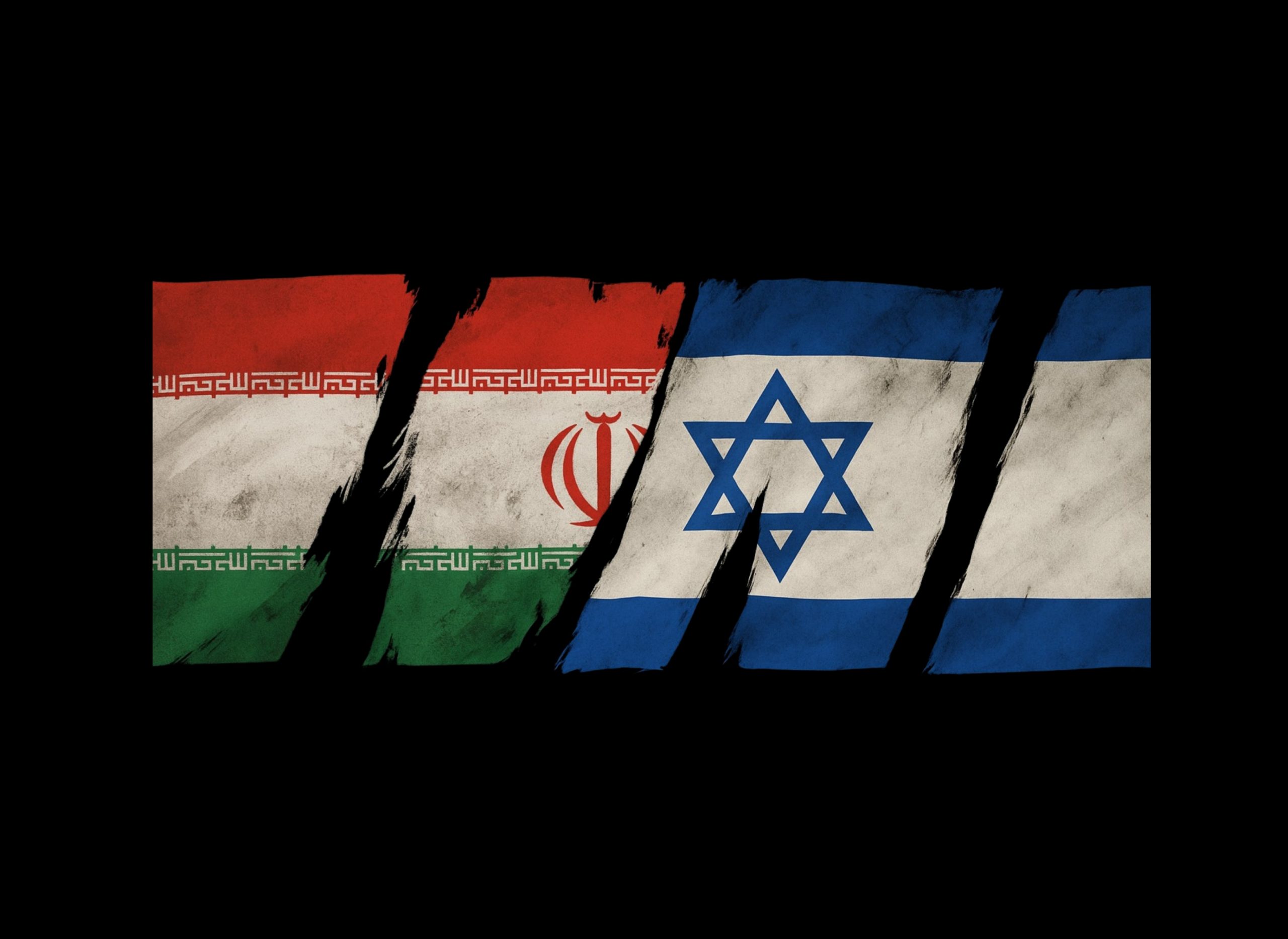
How Two Adversaries Legitimize Power Through Endless Confrontation?
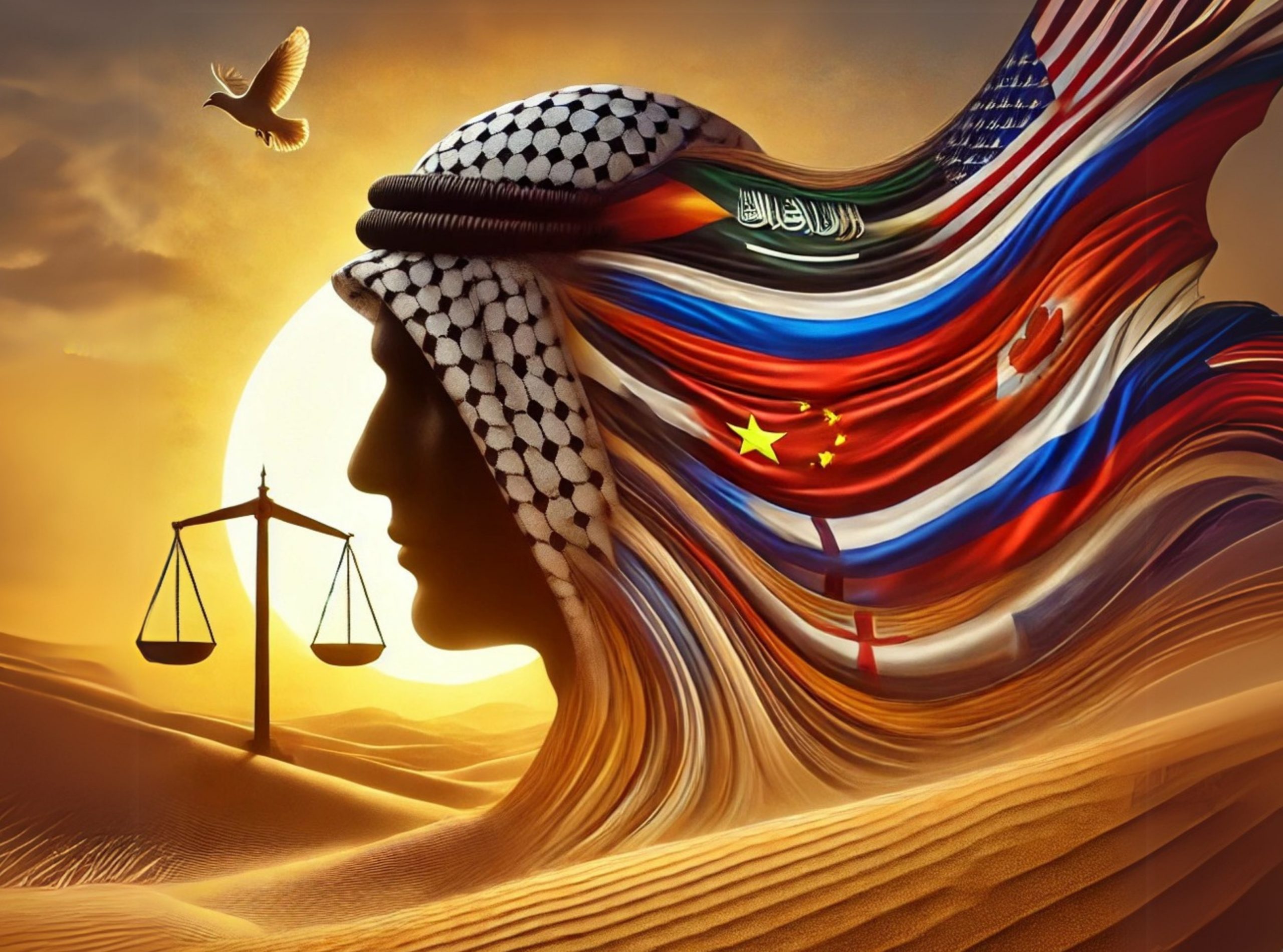
War Without End?
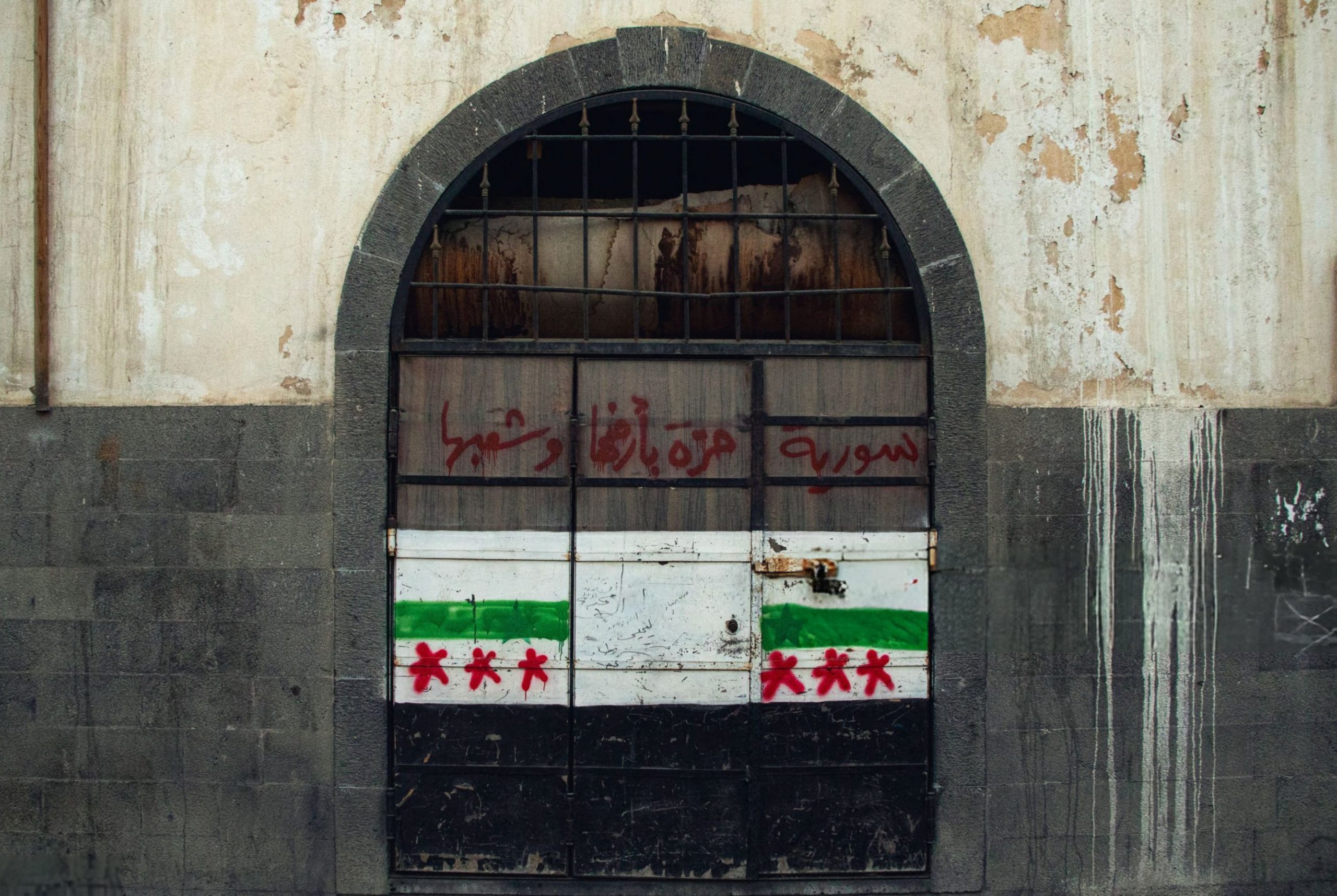
Ending or Beginning?

To be a boss in the Middle East means constantly being tested through alliances and power games.
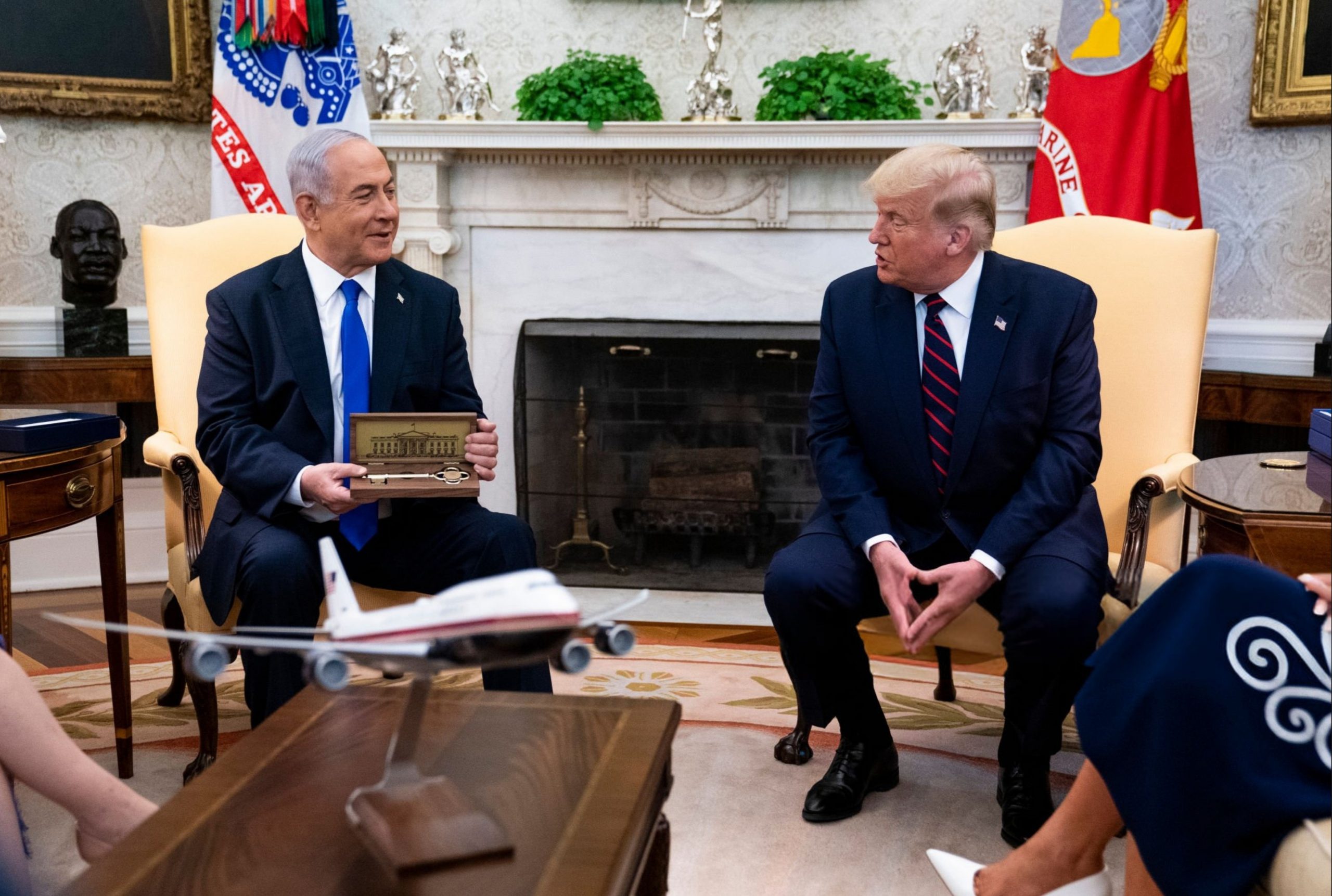
Trump’s re-election deepens Palestine-Israel conflict, favoring Israel’s policies.
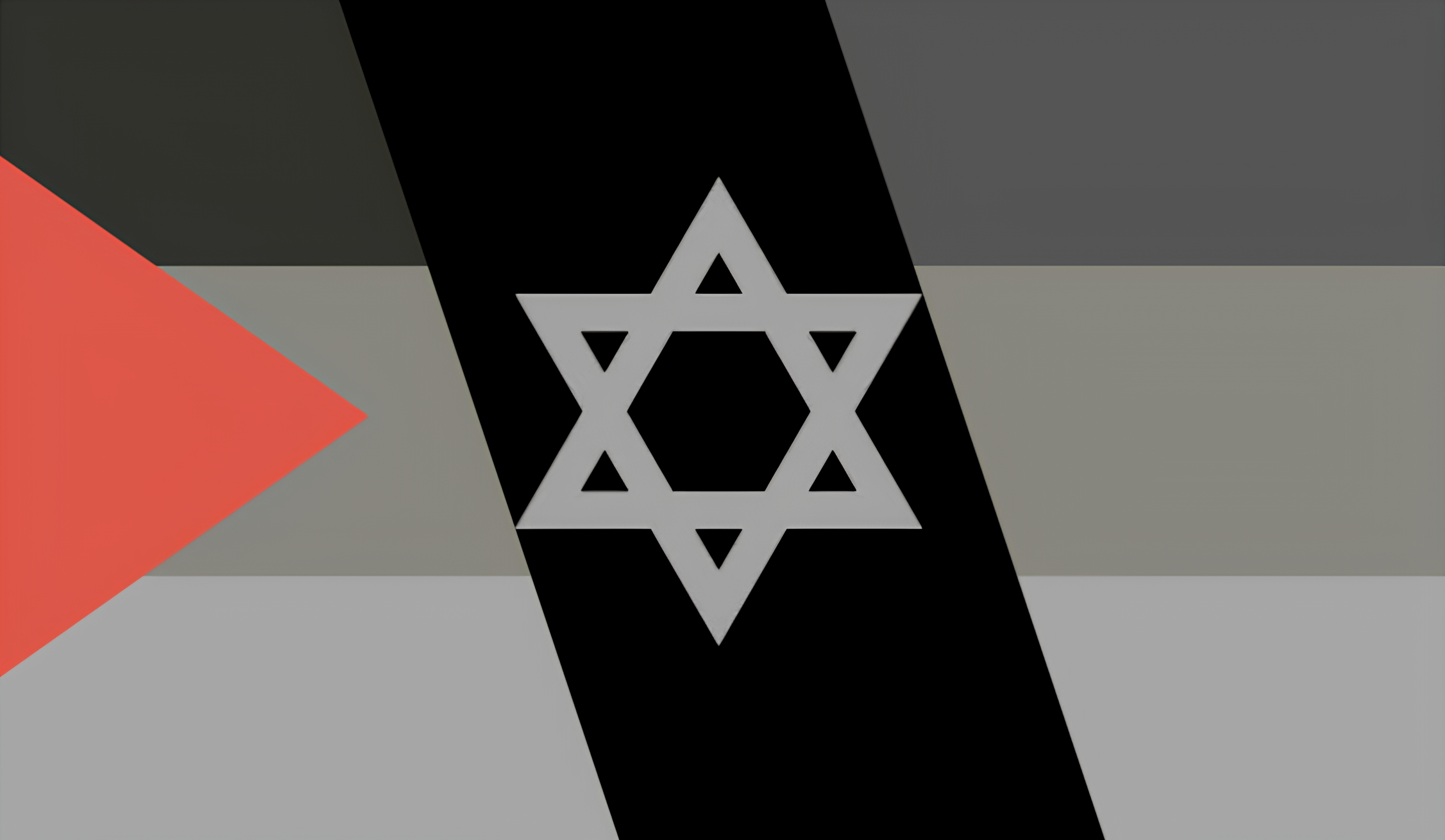
A 75-year saga of struggle and diplomacy shaping middle eastern dynamics and global politics, marking one of the most enduring international challenges of modern history.
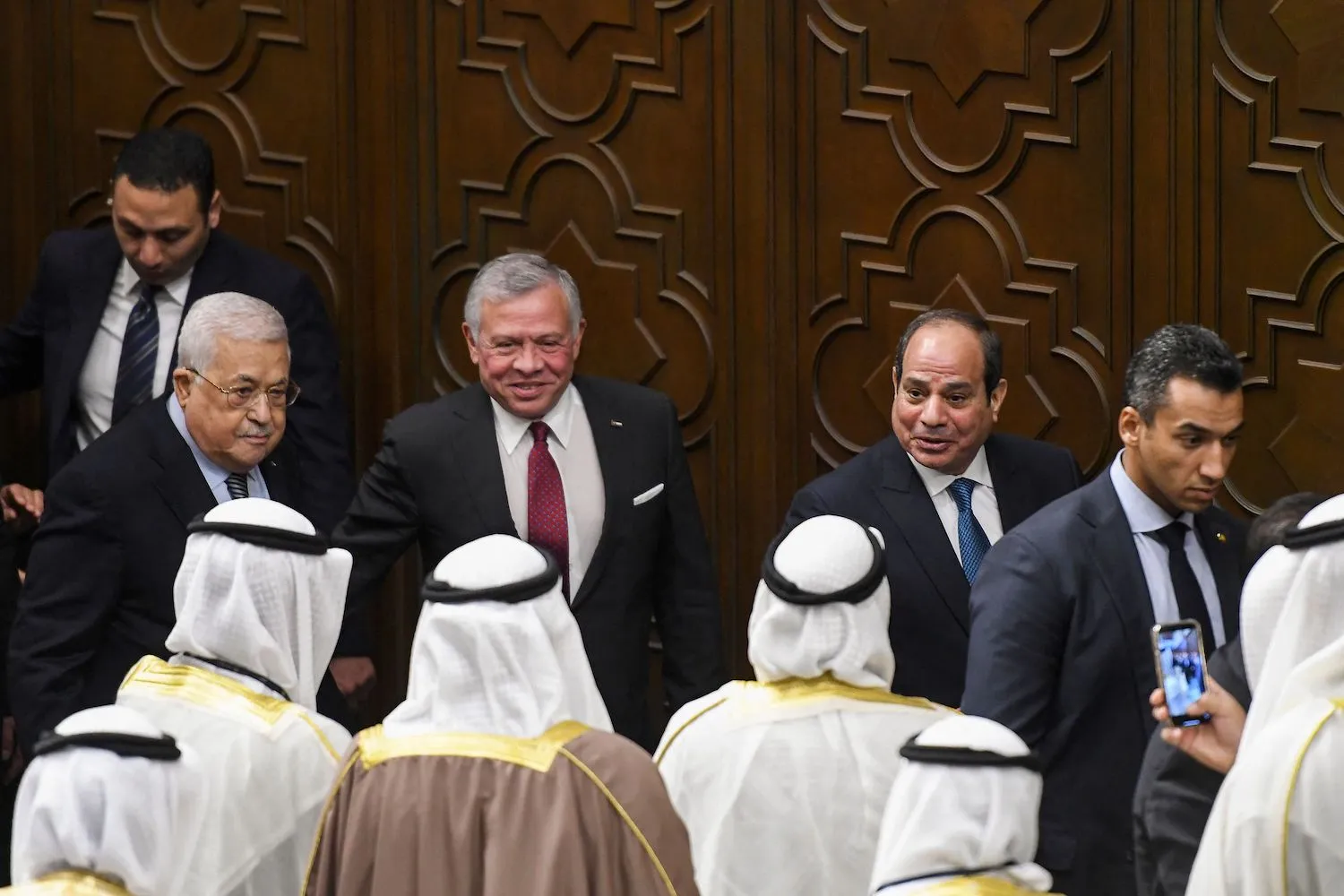
Shifting dynamics in the Middle East signal a period where normalization efforts between Israel and Arab countries are reshaping the region, laying the foundations for a new order through strategic partnerships and mutual trust.
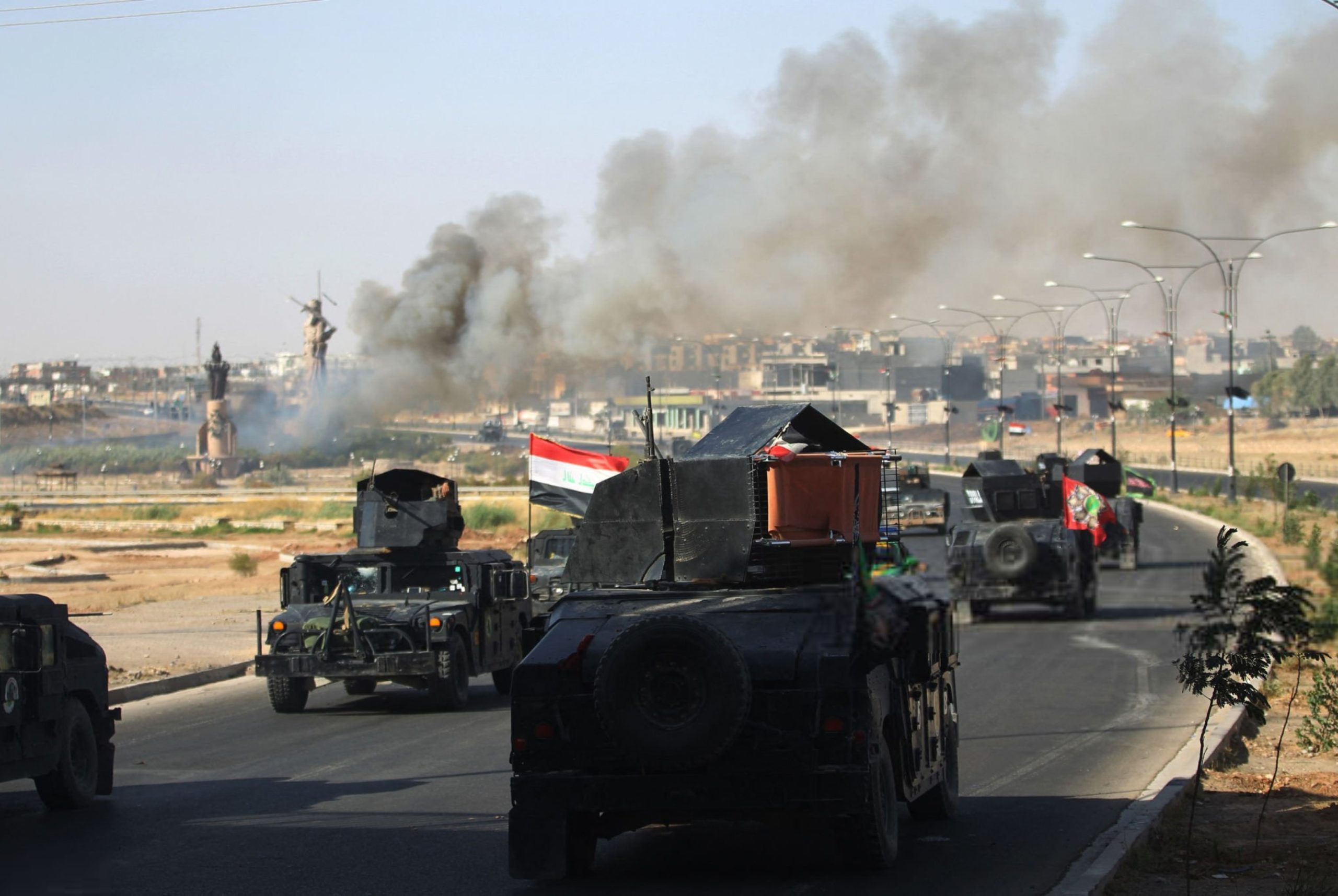
Kirkuk is once again shaken by historical conflicts under the shadow of oil. How will the power struggle between Kurds, Arabs, and Turkmens shape the city’s future?

Syria bids farewell to Rifaat al-Assad and Issam al-Attar, two figures who left a lasting mark on the country’s history.
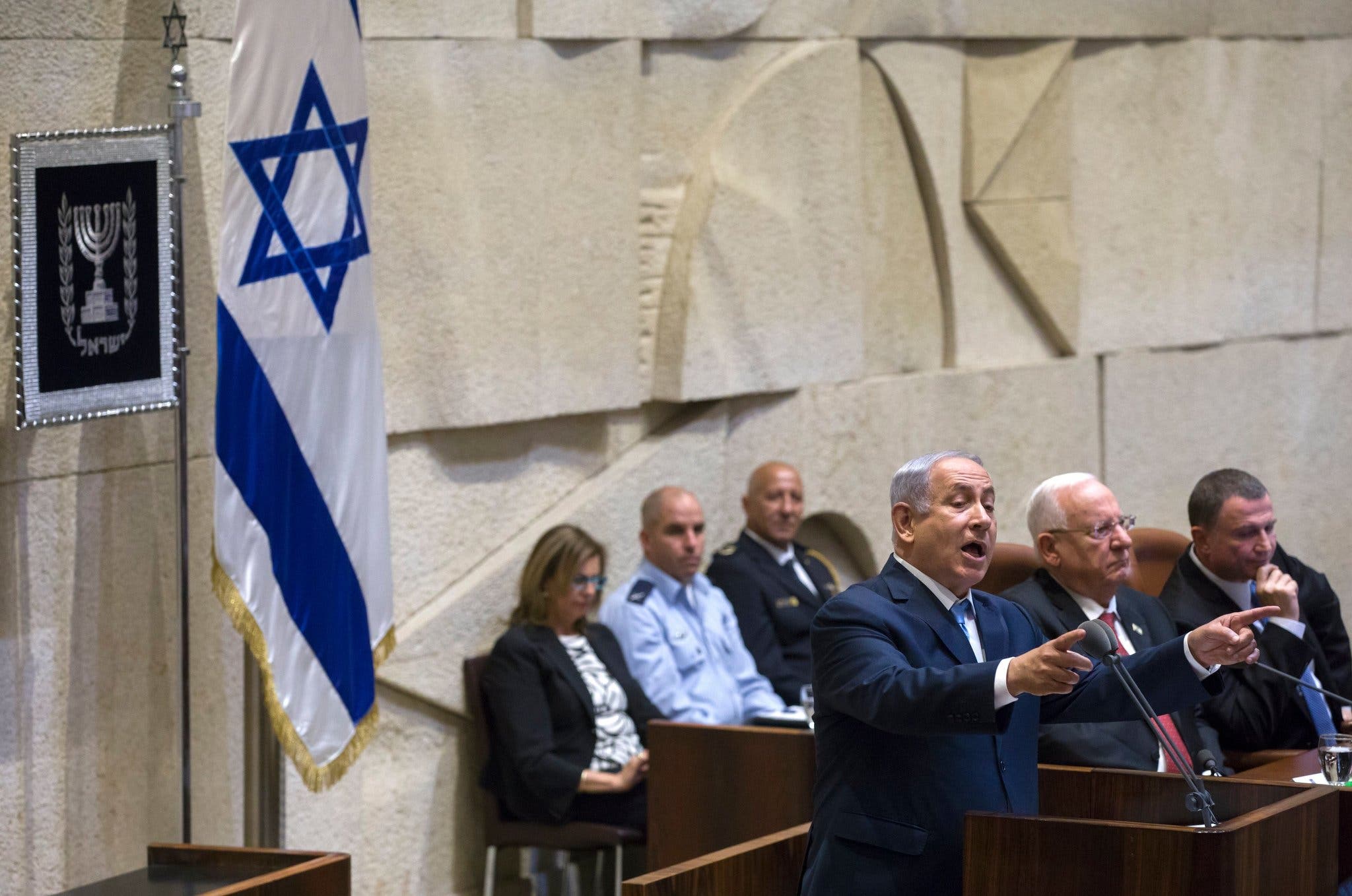
Israeli diplomats navigate a spectrum of strategies, from Erdan’s confrontational stance to Ezra’s nuanced pragmatism, amid heightened global scrutiny and internal political divisions.
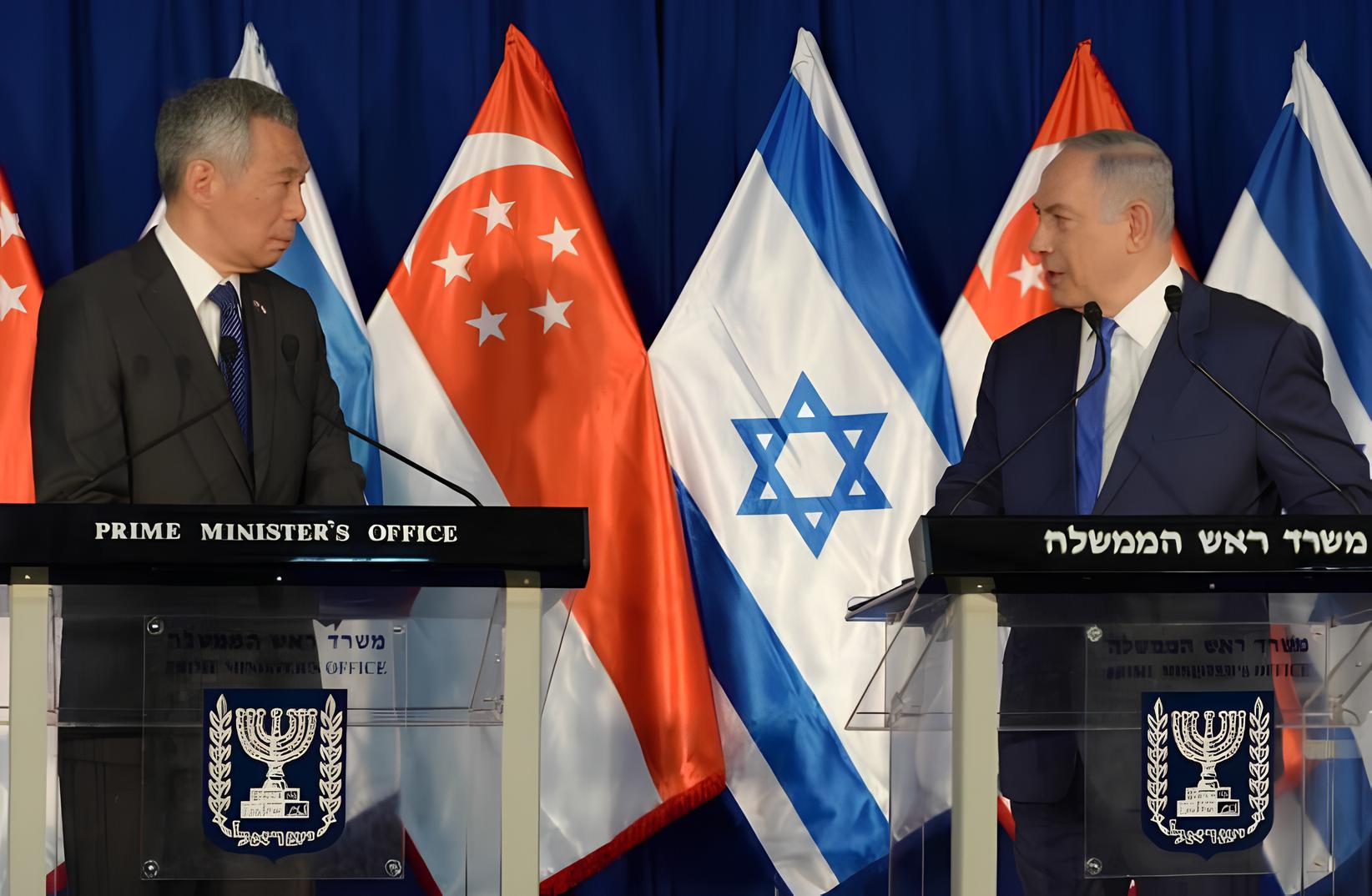
Israeli embassies face backlash for controversial social media posts and rhetoric, igniting diplomatic tensions with Singapore and Belgium.
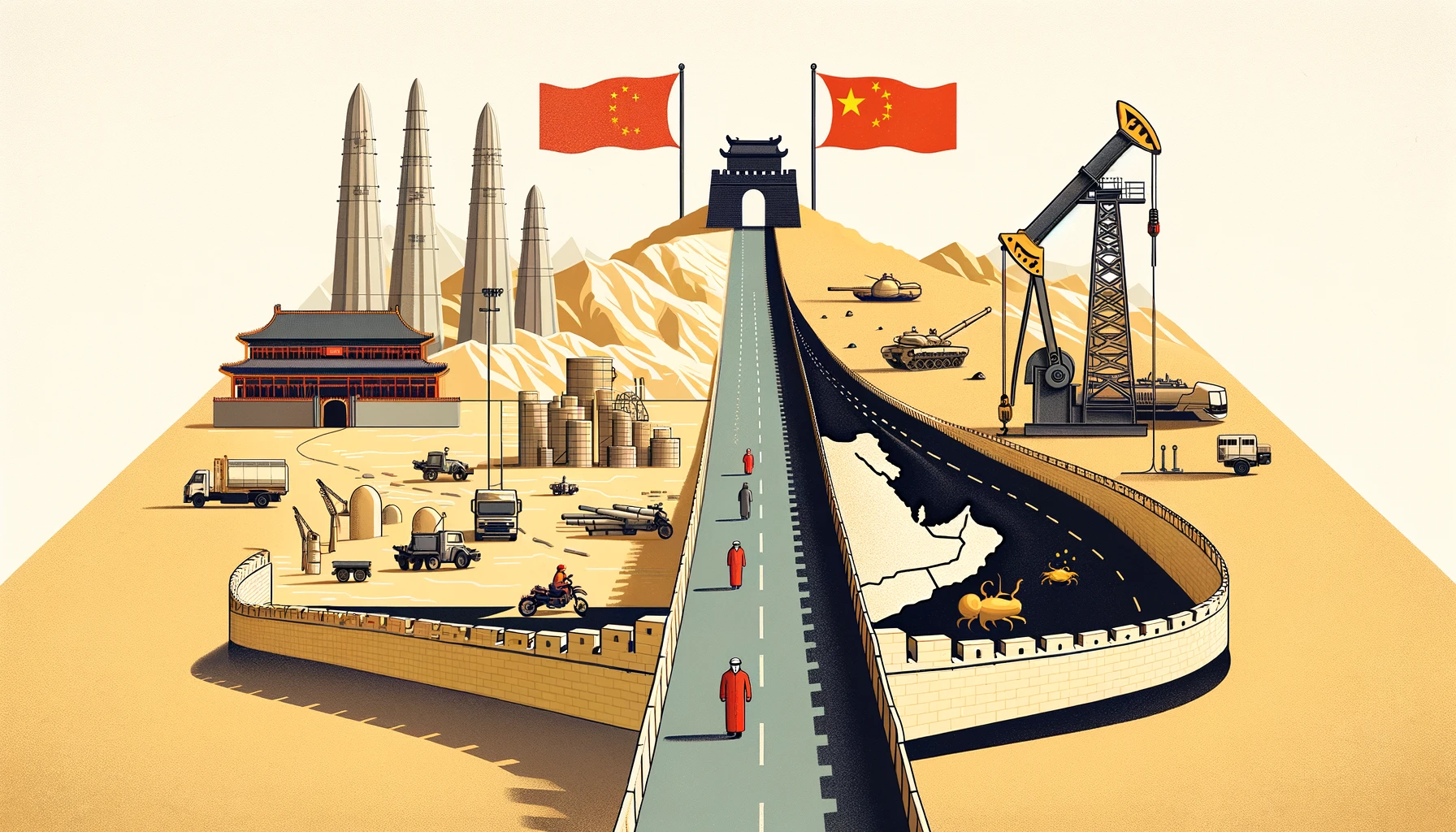
China’s Belt and Road Initiative enhances its economic investments and diplomatic efforts in the Middle East, reshaping regional balances and signaling the East’s rise in global power dynamics, marking the start of a new era in international relations.
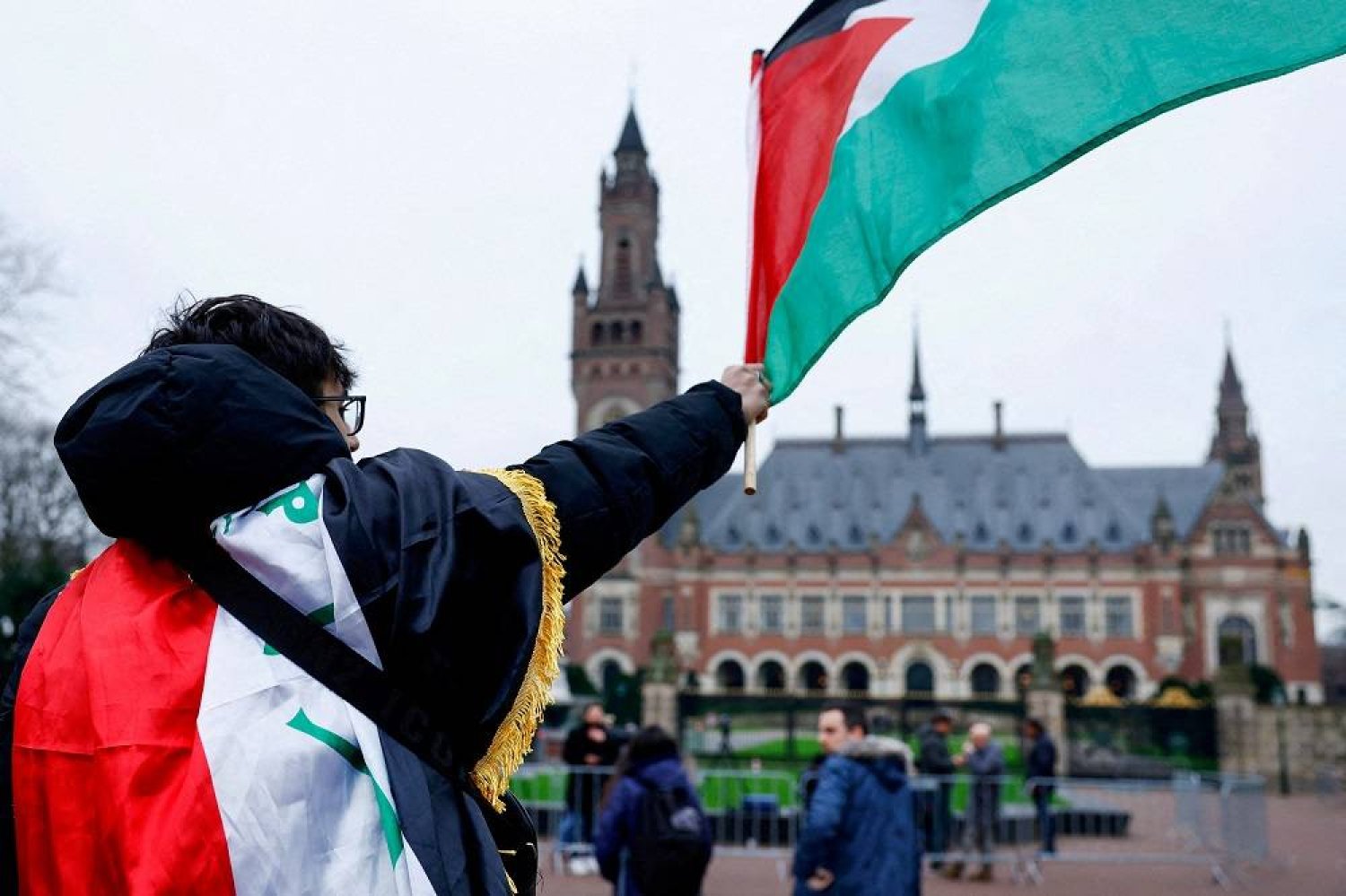
At the International Court of Justice, views from around the world were presented on the legal consequences of Israel’s policies in the Occupied Palestinian Territories.
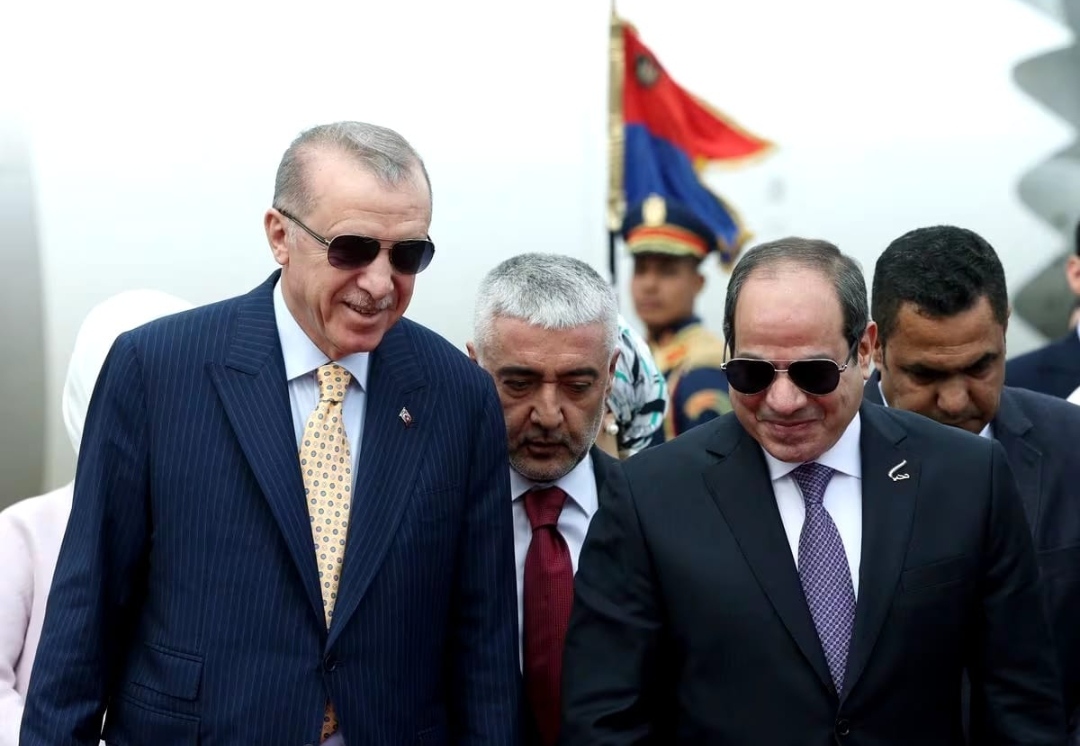
President Erdogan’s landmark visit to Egypt heralds a transformative phase in Türkiye-Egypt relations, promising enhanced strategic cooperation and a united front on regional issues.

US airstrikes against IRGC-linked forces in Iraq and Syria demonstrate military success but face political challenges. Pre-announcement allowed Iran to evacuate, raising questions about the effectiveness of shaping Iran’s behavior and establishing deterrence.

Iran’s recent cross-border attacks signal a strategic move to assert dominance amid regional tensions and internal pressures.

Border clashes test Pakistan-Iran ties amid struggle against Baloch separatists; unusual airstrikes escalate tensions.
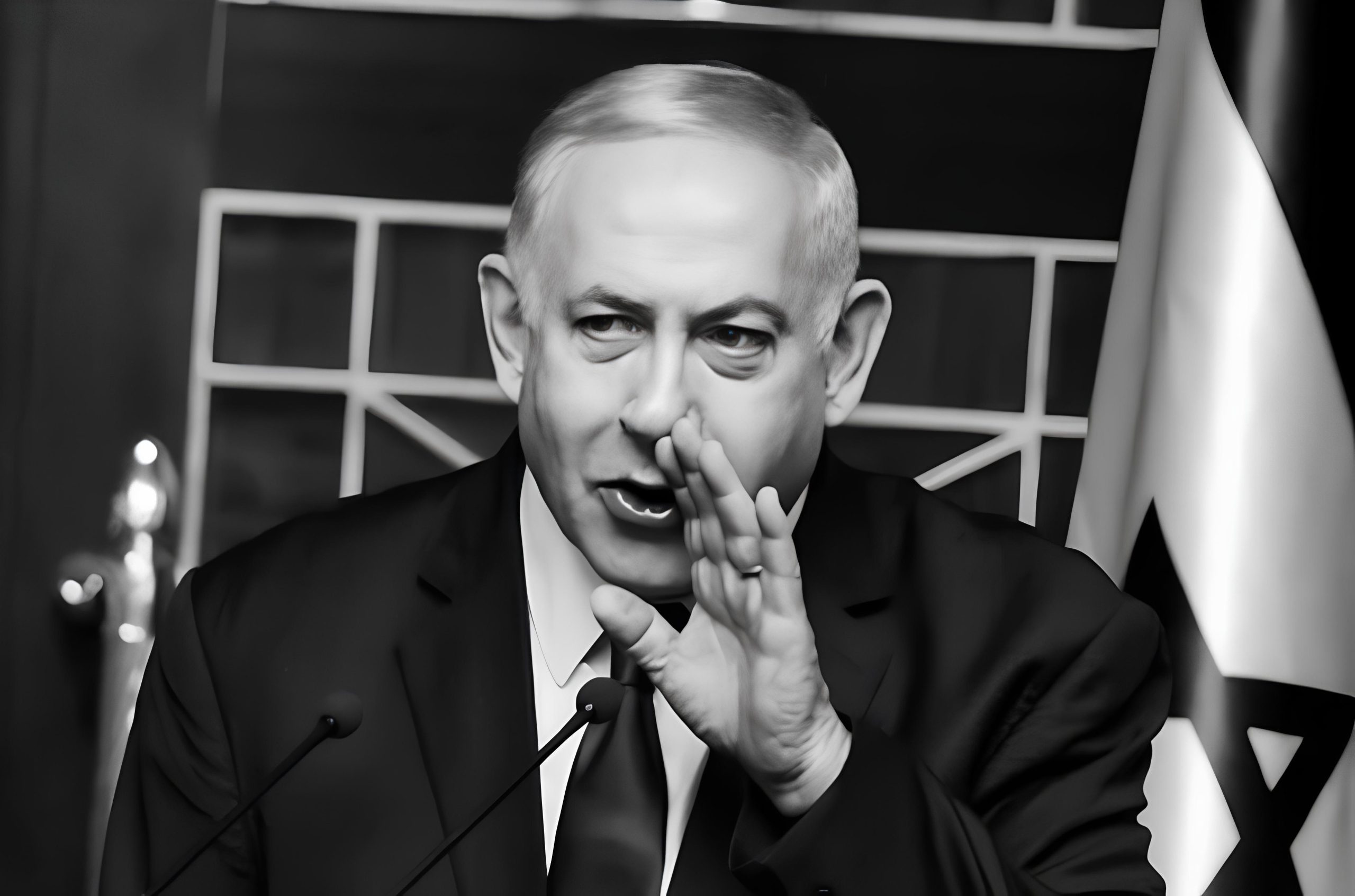
Netanyahu’s actions, tied to religious justification, draw criticism for human rights violations. Balancing peace requires reconsideration of disproportionate force.
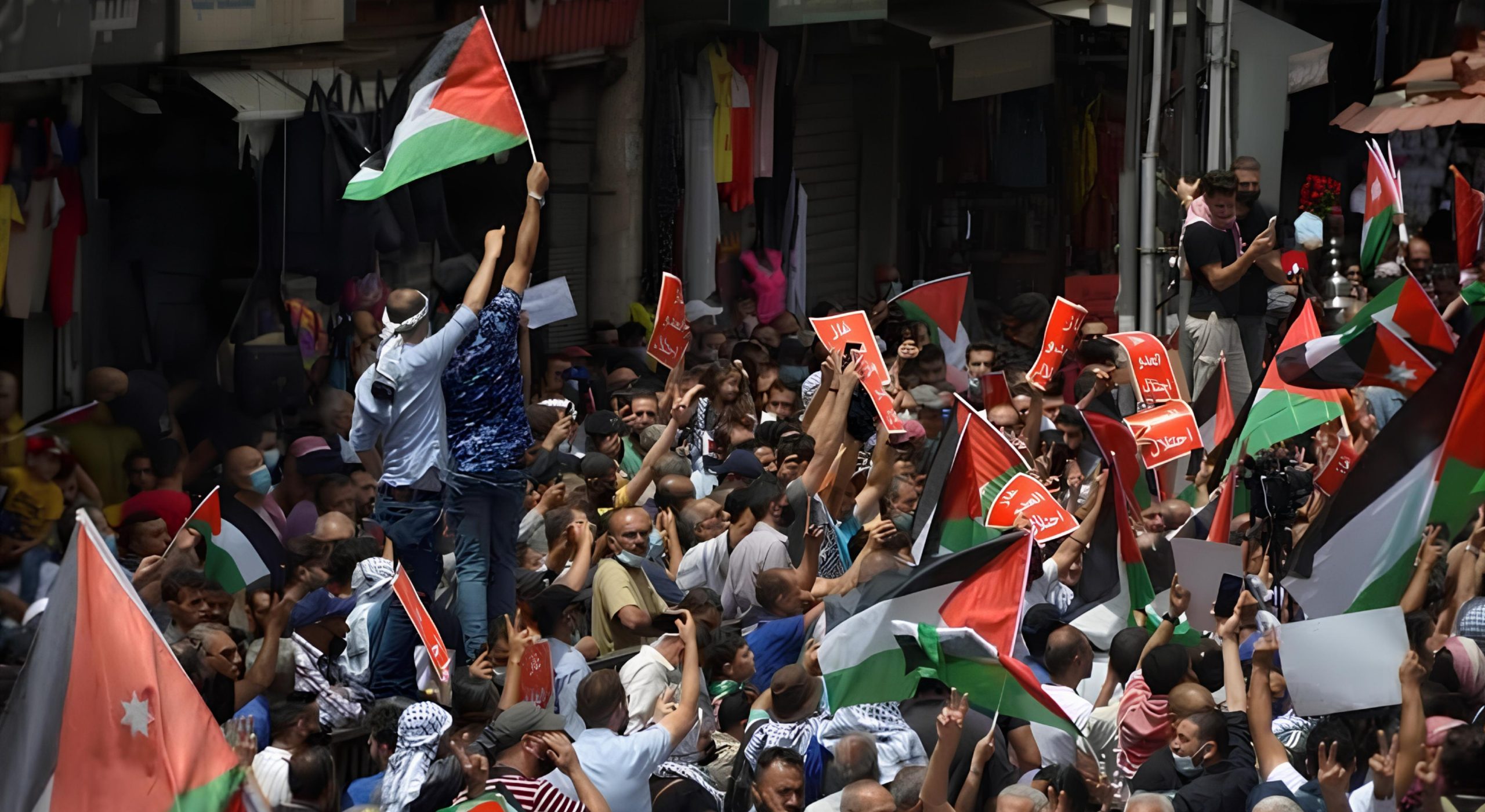
Jordan’s shifting strategic alliances from its historical ties to the Palestinian cause highlight the geopolitics of the region.
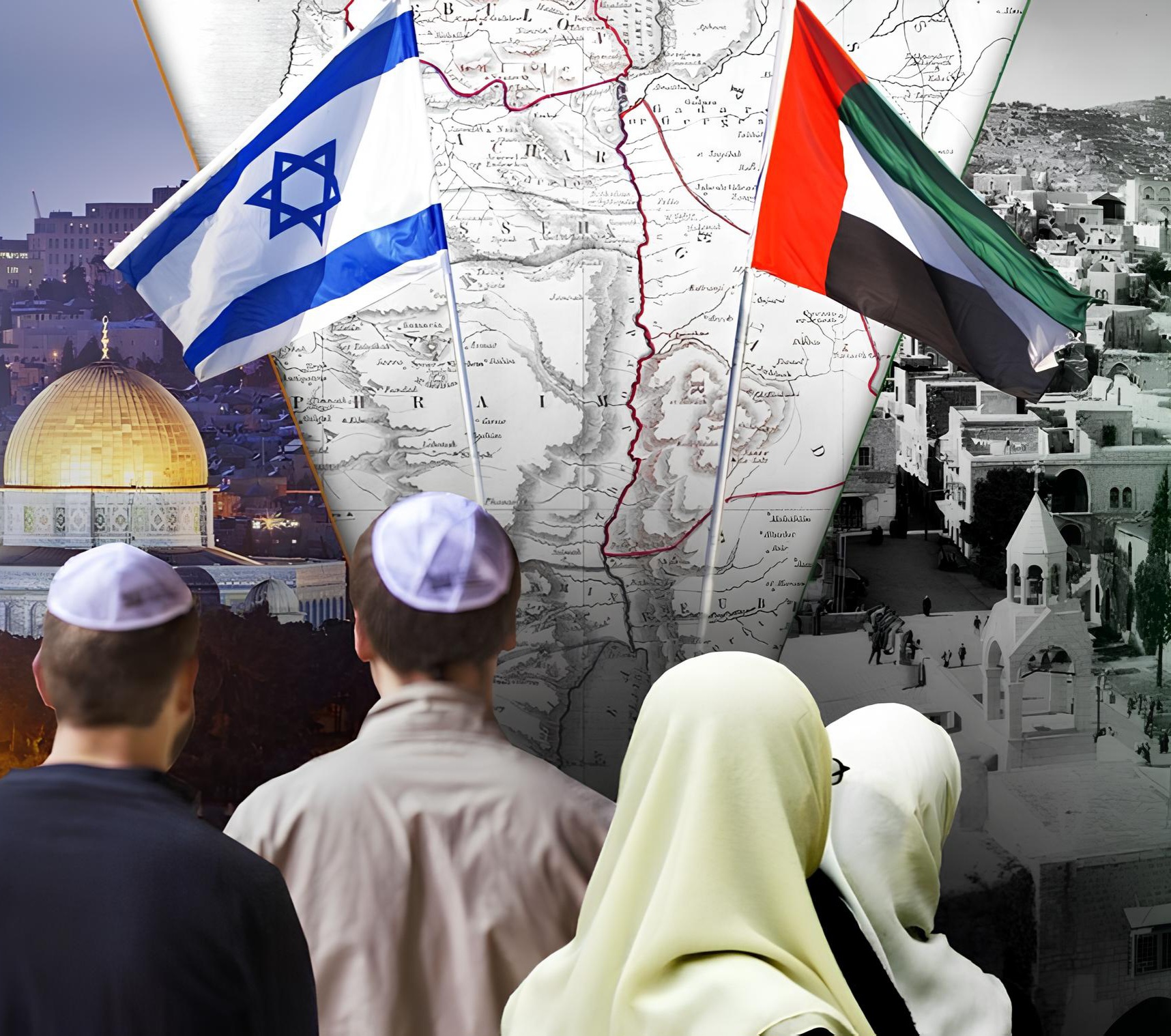
Like antisemitism in Europe, Palestinian land sales and the critical role of terrorist groups in the formation of Israel.

Given the urgent need for a two-state settlement, Israel should pursue a revitalized peace process by building off the Abraham Accords.

OPEC+, which combines OPEC countries and allies such as Russia, has for months refused to increase output to tame global oil prices.
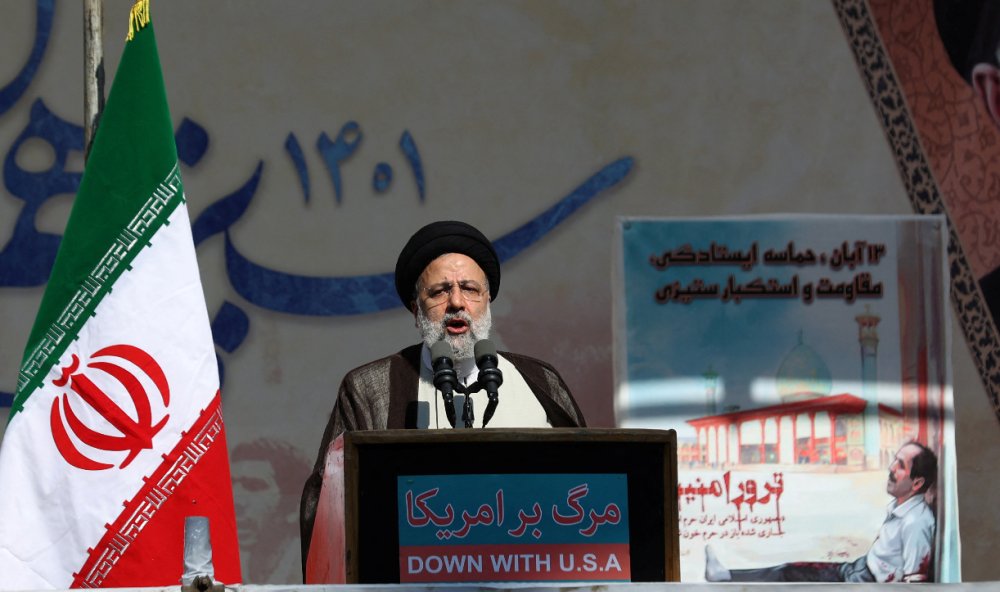
Even if the mullahs and their enforcers can prevail for now, history teaches that force alone cannot guarantee the regime’s survival, let alone legitimacy.